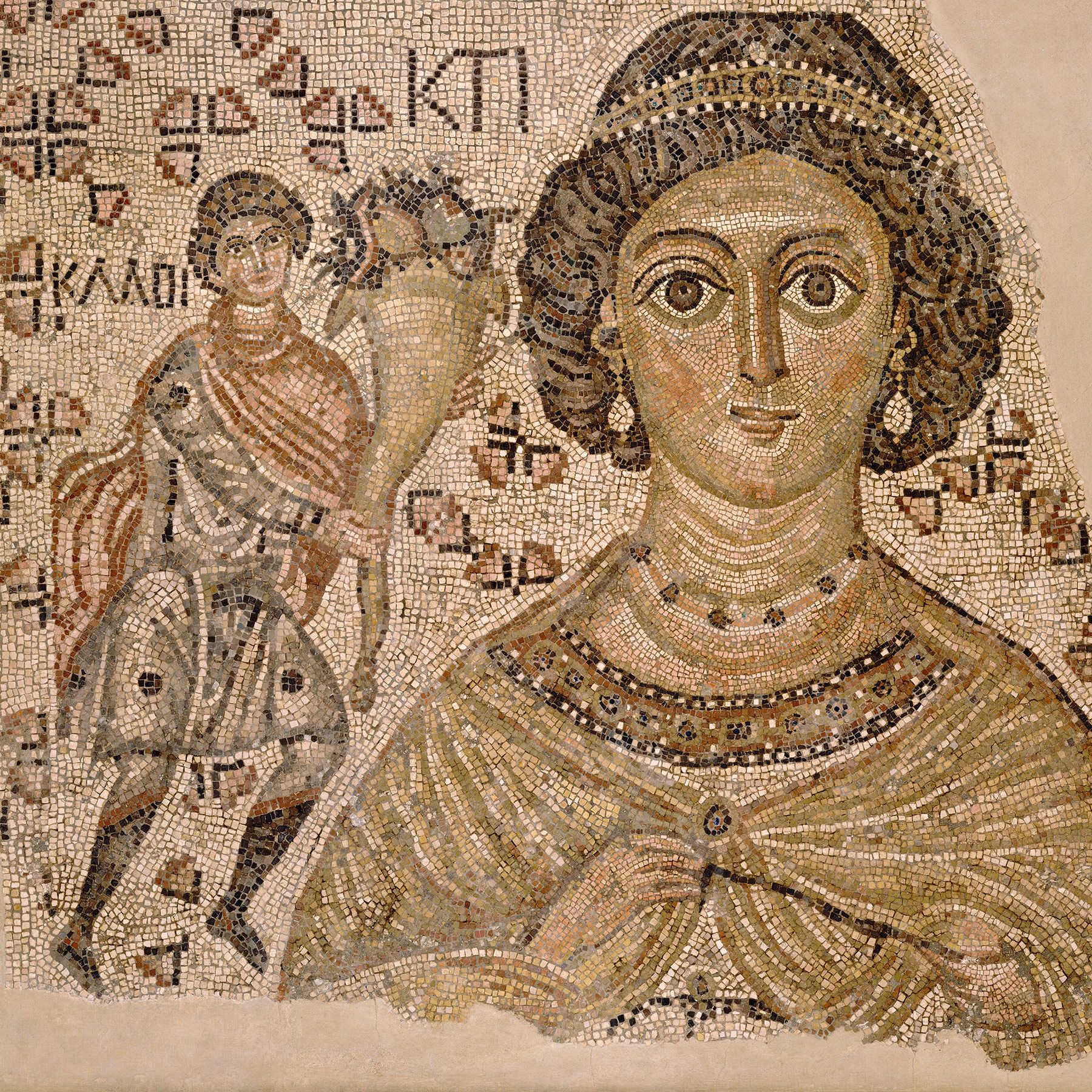
AD 30-100) was one of the four great Roman Stoic philosophers, the other three being Seneca, Marcus Aurelius, and Musonius' pupil Epictetus.
#MUSONIUS RUFUS HOW TO#
magnanimity as the knowledge or habit of mind which makes one superior to anything that happens, whether good or evil equally continence as a disposition never overcome in that which concerns right reason, or a habit which no pleasures can get the better of endurance as a knowledge or habit which suggests what we are to hold fast to, what not, and what is indifferent presence of mind as a habit prompt to find out what is meet to be done at any moment good counsel as knowledge by which we see what to do and how to do it if we would consult our own interests.Musonius Rufus (c. And wisdom they define as the knowledge of things good and evil and of what is neither good nor evil courage49 as knowledge of what we ought to choose, what we ought to beware of, and what is indifferent justice. Particular virtues are magnanimity, continence, endurance, presence of mind, good counsel. The following are the primary : wisdom, courage, justice, temperance. What you should be practicing are, of course, the four virtues wisdom, temperance, courage, and justice.Īmongst the virtues some are primary, some are subordinate to these. Sounds a lot like the people who urge you to take this time to learn a new language or how to bake.

It depends on what we make of the experience and, as Rufus advises, you can utilise the time confined in a place you didn’t entirely choose to cultivate a good thing:įurthermore, how should exile be an obstacle to the cultivation of the things that are one’s own and to the acquisition of virtue …? May it not even be true that exile contributes to that end, since it furnishes men leisure and a greater opportunity for learning the good and practicing it than formerly…. More relevant to the lockdown than whether or not we can interact with others, is his advice not to stress over the place where you find yourself:įor such a man does not value or despise any place as the cause of his happiness or unhappiness, but he makes the whole matter depend upon himself and considers himself a citizen of the city of god which is made up of men and gods.īeing locked down in our house, apartment, or B and B, even if we can’t legally go outside, is not in itself a bad thing. There are big differences between political exile and staying inside one’s home, as indicated by his first answer - that exile does not deprive us of “the society of men, for everywhere and in every way there is opportunity for association with them.” Most of us, even in lockdown, have some contact with others, possibly only online but it is likely there are people locked down who lack Internet access and have no human contact. Since now is the time of the Covid-19 lockdown, I read his passage on exile with an eye to seeing how it might apply. Slightly behind the times - were he a secular, 21st century writer, he protests against sexual relations for anything but procreation. Men should not engage in elicit sexual relations, and for why, they need only consider how they’d feel if their wives did so, too. Women should learn the same as men and while there may be a division of labor based on strength, there’s no essential reason why men can’t do women’s work, nor women men’s. His belief in the equality of women seems so modern. In a way, it’s hard to believe he’s from that long ago. One of the major Stoics, and a teacher of Epictetus, he was born around AD 30. It’s quite dense and I wish I could easily flip back and forth to re-read passages, but, alas, I can not.

Judith Herrin’s Ravenna Capital of Empire Crucible of Europe has a few technical problems (like a problematic table of contents) making it less appealing to read than the Stoic book, but I have read about 70 pages. It has a fresh introduction, by Gretchen Reydams-Schils, and some of the scholarly notation has been removed. The Mousiness Rufus, That We Should Disdain Hardships, is a new edition of a 1947 translation by Cora E. Even though it’s on my device, I can not go from the table of contents to a specific page, or jump to bookmarks, which makes it far more challenging to read than I had imagined. Since I don’t have a Kindle, the Kindle’s functionality was lost while for the ACSM, I did manage to get it on my Kobo Clara - although my Kobo says it doesn’t support the file type, so I don’t know what I did.
#MUSONIUS RUFUS DOWNLOAD#
Thomas Penn’s The Brothers York A Royal Tragedy, on NetGalley, allowed a Kindle download and an ACSM.

Downloading the review copies of the three books was complicated.


 0 kommentar(er)
0 kommentar(er)
